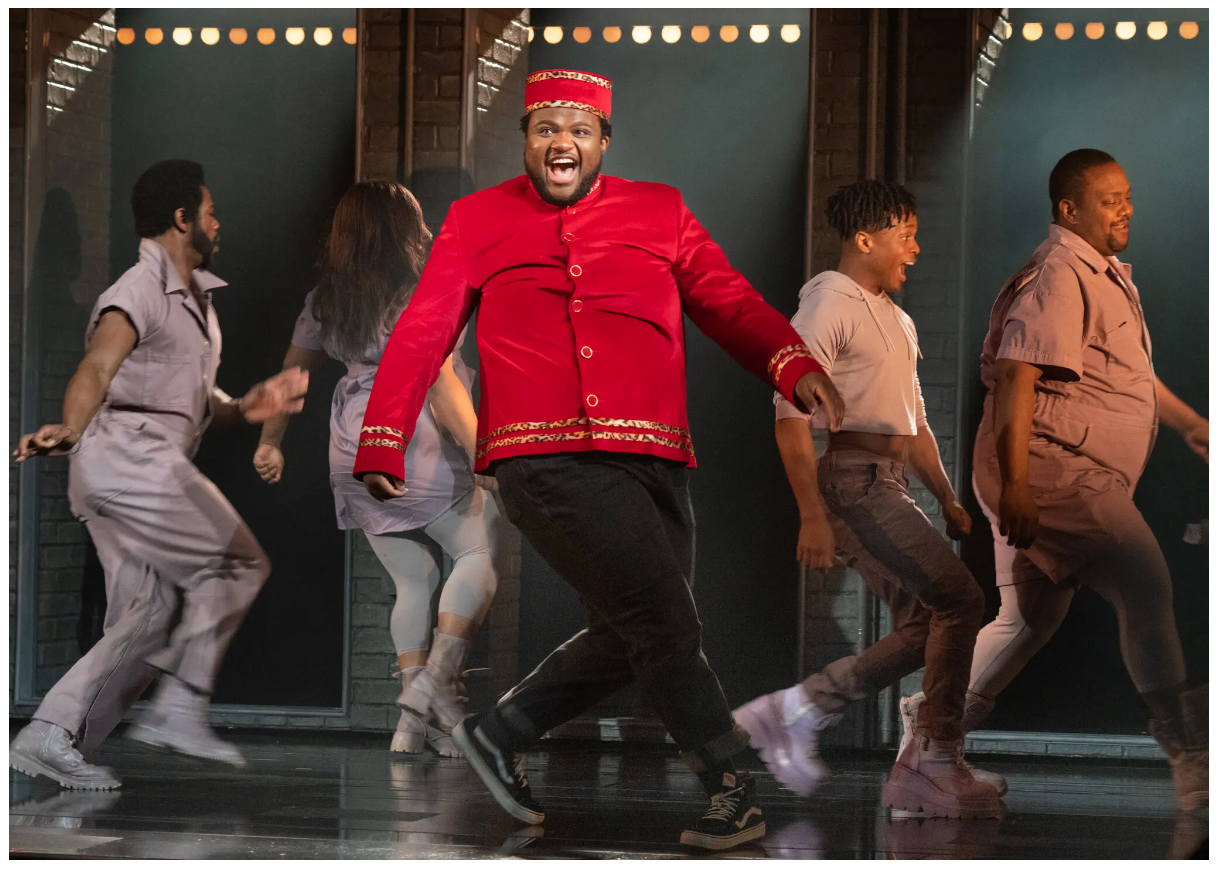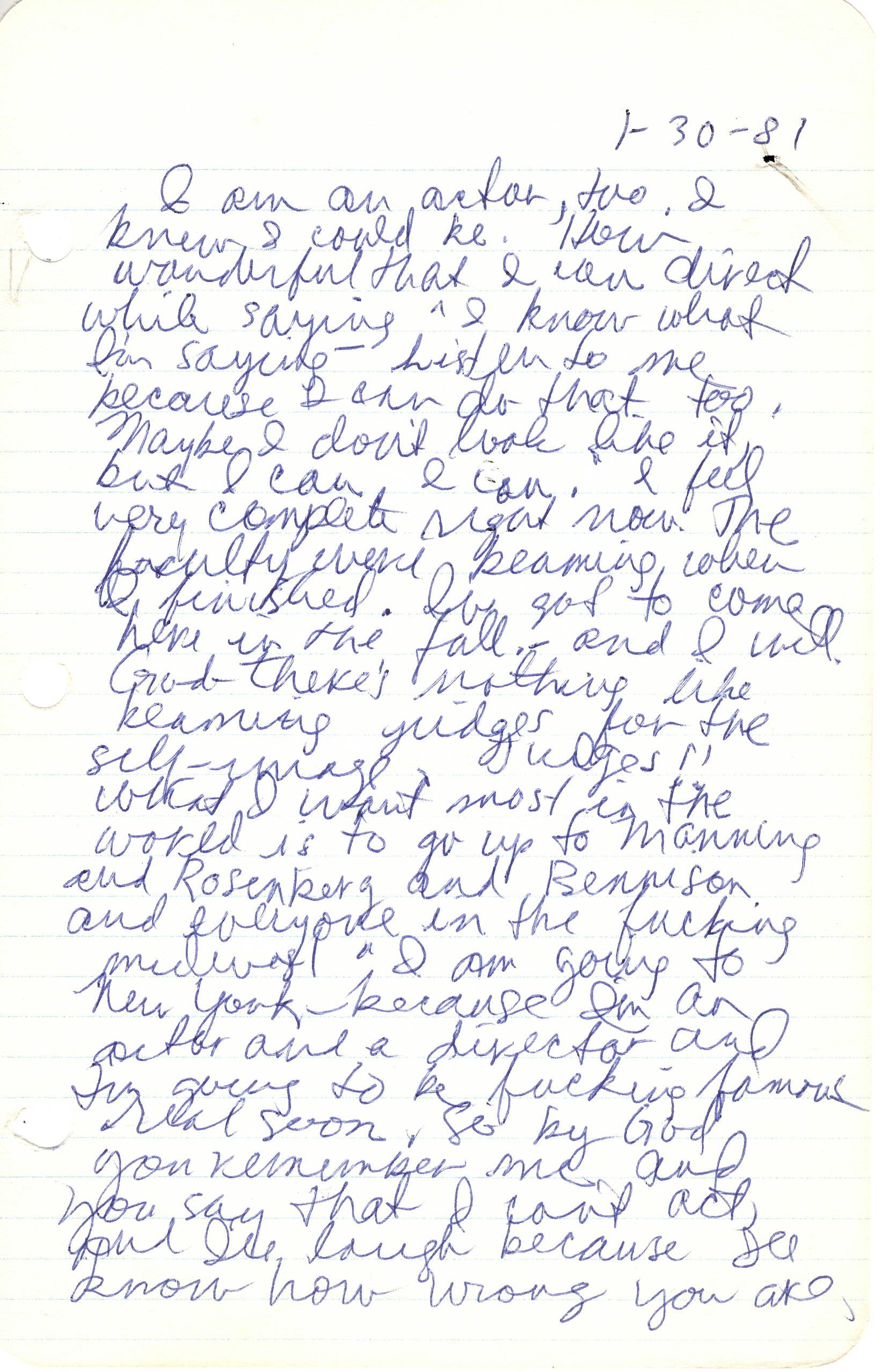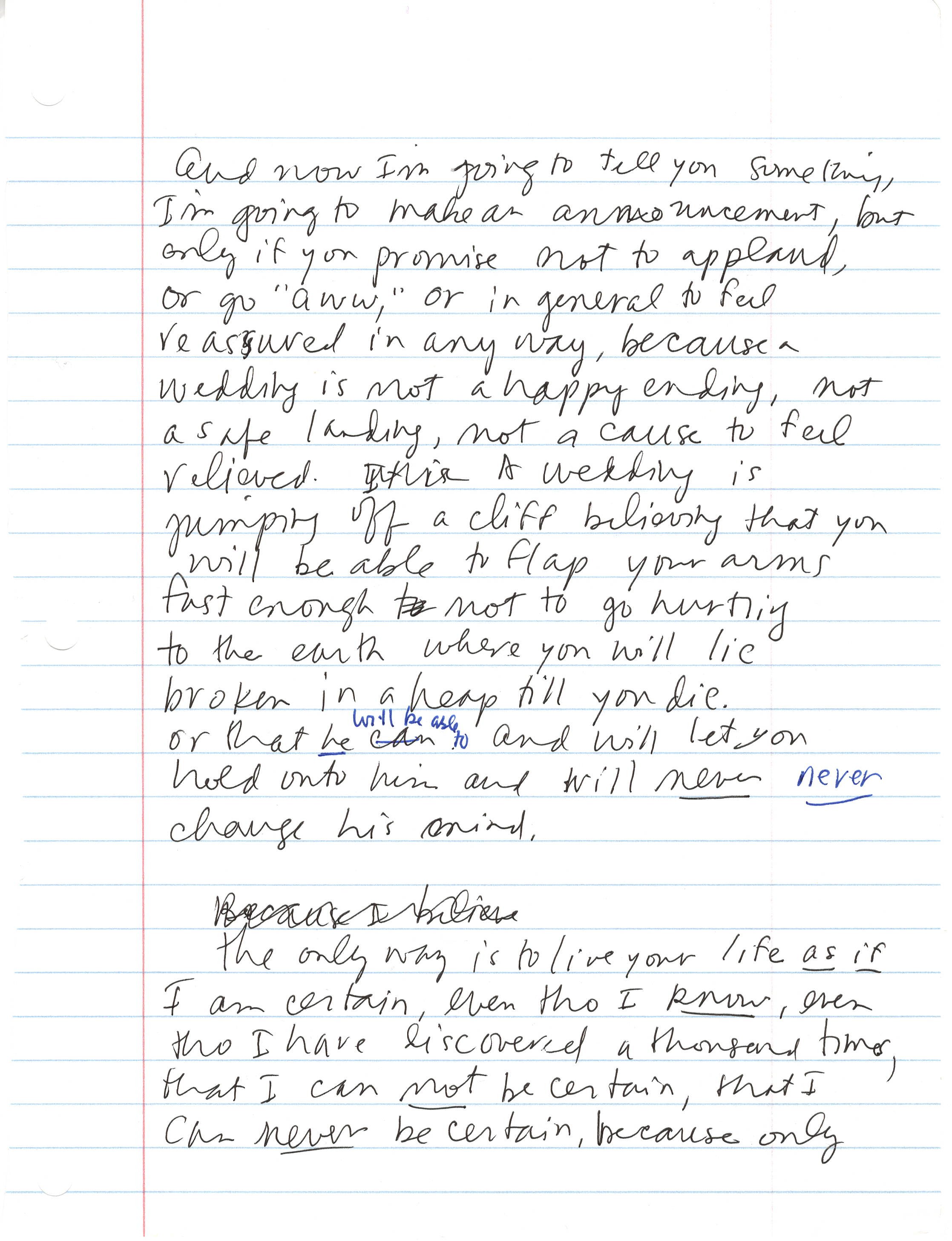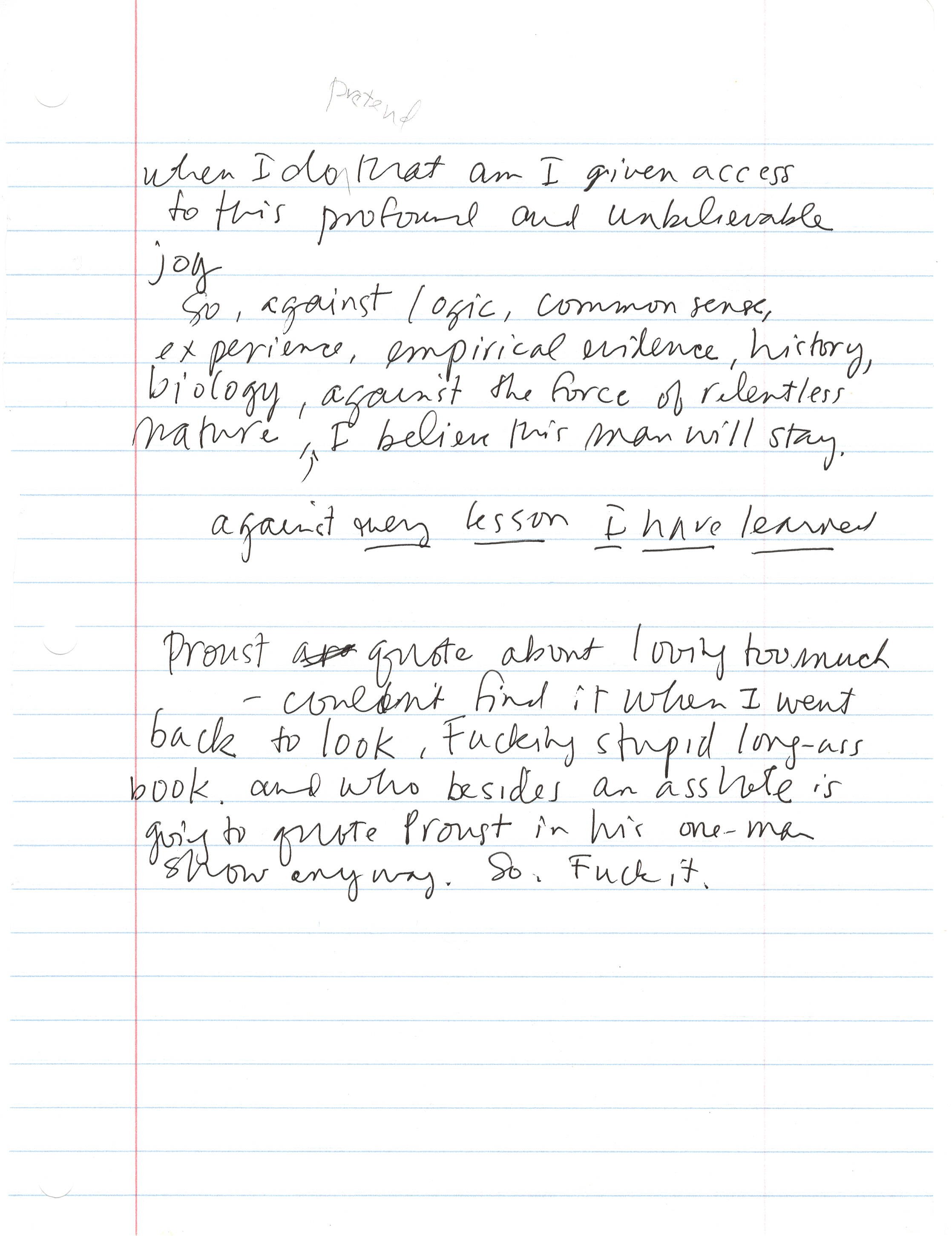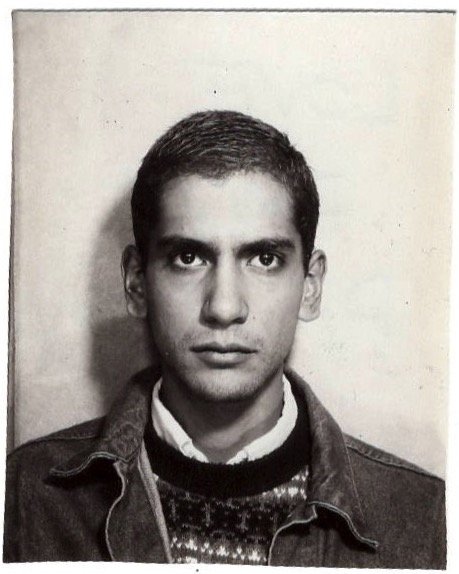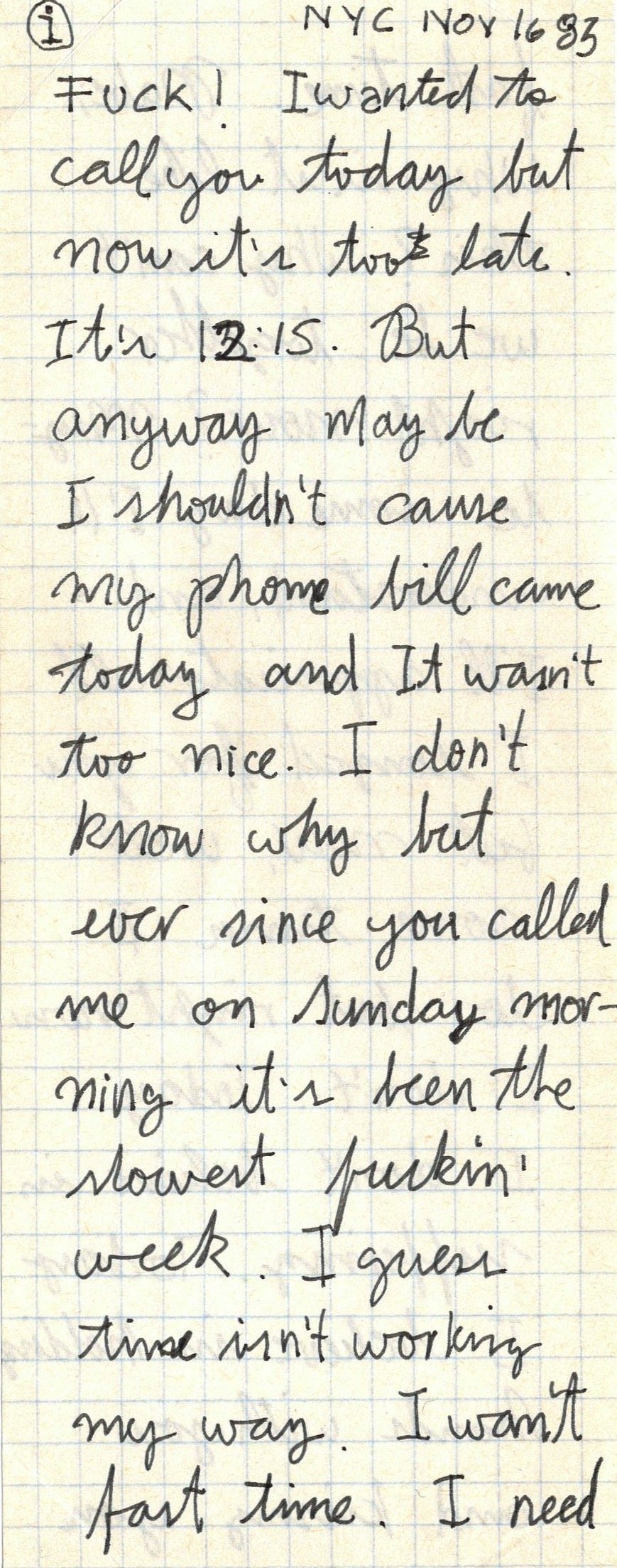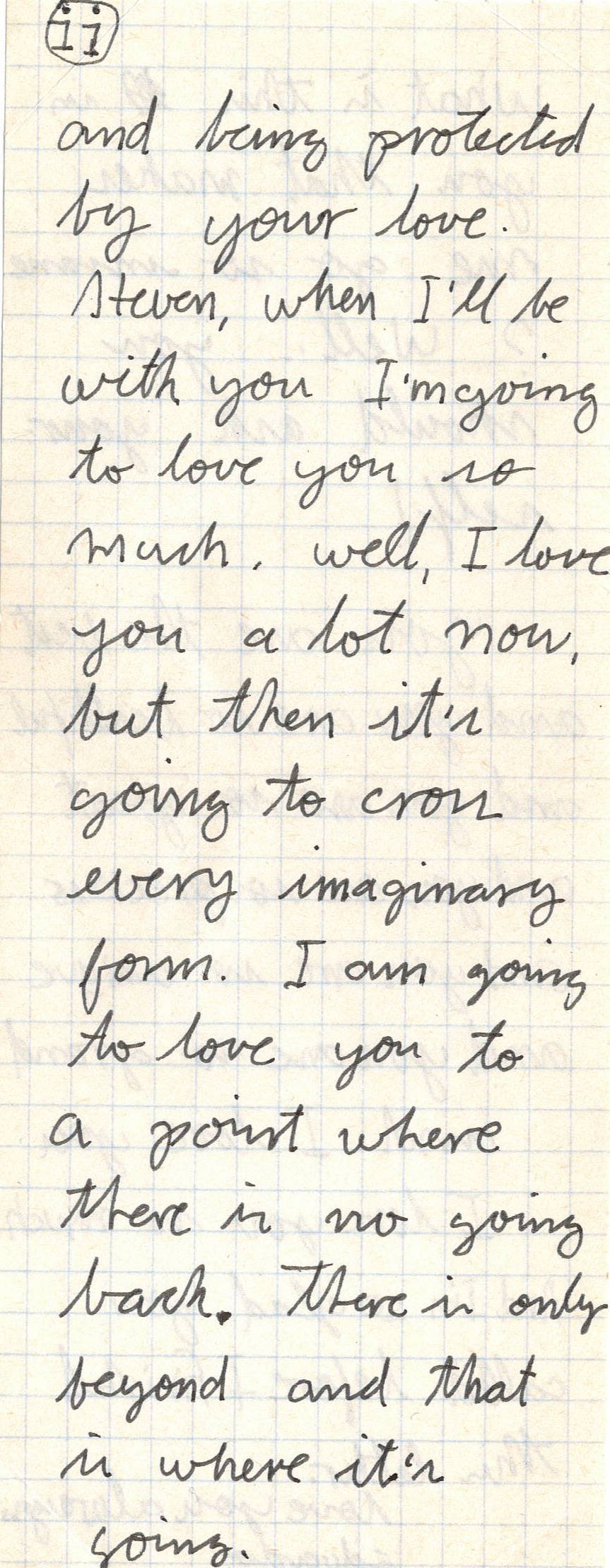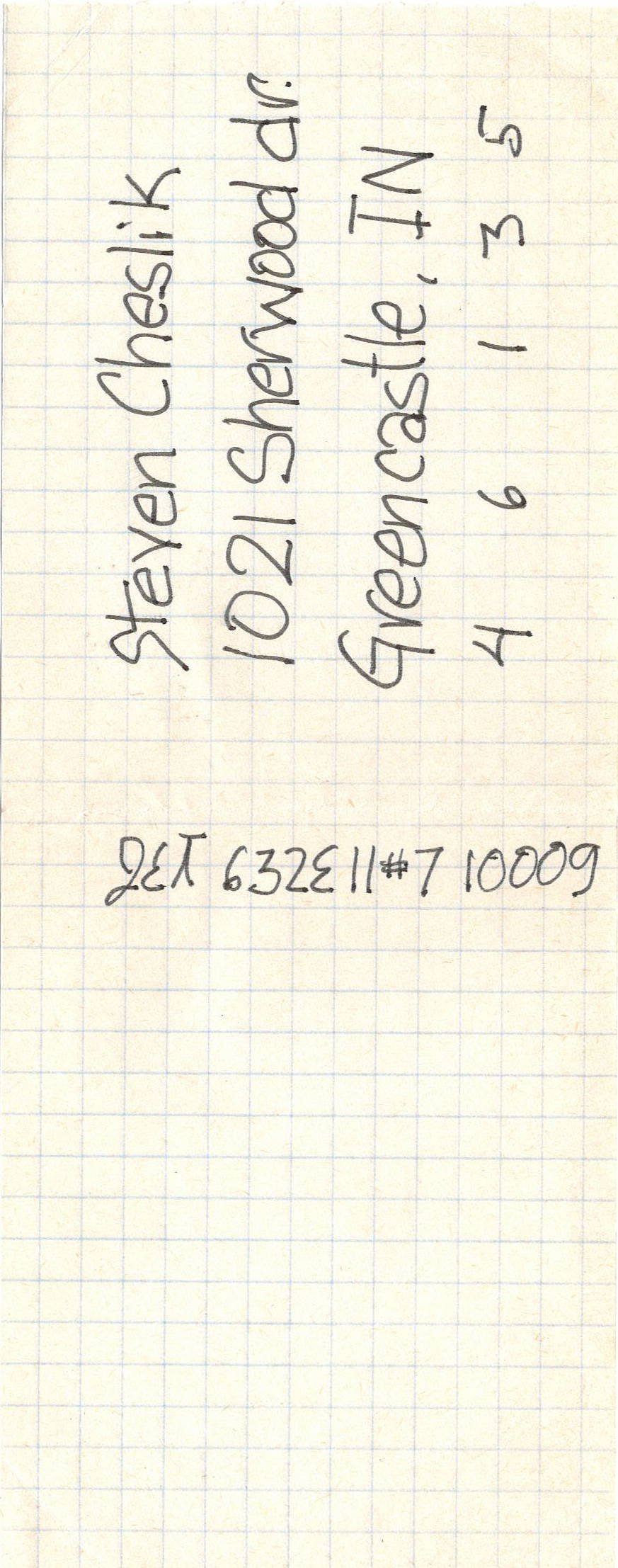Between WWII and the assassination of John F. Kennedy, practically everything in Texas -- politics, geography, culture, demographics, the landscape itself -- underwent massive changes. Texas’s one-party system which had held sway since Reconstruction started to break up, and liberals, minorities, the poor, women, and labor unions gained power. The federal government got more involved in Texas with court decisions affecting education, prisons, racial segregation and control over the tidelands. Thriving industries pulled workers to cities. Boom times didn’t benefit everyone, though; poverty, crime, and unemployment all rose. The population flipped from 70/30% rural/urban to just the opposite, and the center of Texas farming shifted from East Texas to the Lower Rio Grande Valley and the Panhandle. (Campbell 396-432) With agricultural land shrinking, Texans were concerned about soil conservation, water supply, crop surpluses and falling prices, mortgage debt, and shortages of doctors and teachers in rural Texas. Even farmers who managed to stay on the farm saw their lives come to resemble city life, with improvements in rural education, telephone service, and more electric appliances and televisions. (Dallas Morning News, 1/10/1960) Rural Texans were watching their way of life fade before their eyes, and they -- and by extension America -- were nervous.
The 1962 film, State Fair, opens with a panoramic shot of sky, farm fields stretching to the horizon, and a long straight country road. It’s Texas, but it looks enough like Iowa or the flat parts of Missouri to stand in for any American farm scene. A bright red race car cuts through the middle of the landscape, and Wayne Frake’s girlfriend screams, “Wait, be careful! Slow down!” He drops her off in front of a Greek Revival mansion that looks like the big house on a Virginia plantation.
“How do you like the sound of that engine?” Wayne says.
“Ah hate it!”
“Why Betty Jean, that’s the most beautiful noise I ever heard in my life.”
“Ah never want to hear it again!”
It’s clear from the first shot that State Fair is going to be concerned with the encroachment of the modern world on farm life. The opening scenes (except for that race car) are all sky and cows and gingham. You’ve never seen a farm so shiny. Even Mrs. Frake’s hair is salon-perfect, her white blouse crisp and spotless despite the fact that she spent the morning in the kitchen making mincemeat. The Frake family is getting ready for their annual excursion to the Texas State Fair, each of them with a goal: Wayne is going to win the racing cup, Mr. Frake’s hog Blue Boy will come home a champion, Mrs. Frake’s mincemeat will take the blue ribbon, and Wayne’s sister Margie is going to figure out why she is, as she sings, “starry-eyed and vaguely discontented, like a nightingale without a song to sing.” (She’d say that she had “spring fever, but it isn’t even spring.” If you get her drift.)
After hitching up Blue Boy and Wayne’s racer, Mr. Frake makes a bet with the veterinarian (who just gave him some pills in case he needs to dope the hog for the competition) that nothing will go wrong and the Frakes will return to the farm safe and happy. Mom, Dad, Wayne, and Margie head for the big city. They wake up the next morning on the interstate, cruising past the Dallas skyline. This is no small-town 4-H fair -- as in two earlier films and the 1930’s novel about an Iowa farm family upon which all three films are based -- but a big modern neon-lit city.
In updating the story, why did the producers move it from Iowa to Texas? It could be that Texas, before its gruesome and very public loss of innocence in 1963, was the last place in America where the idea that this story hangs on -- that the city is a place we visit in a rite of passage before we return to the land, rather than what we are inexorably becoming -- still holds a shred of plausibility. Through the rose-colored lens of Texas, it was still possible in 1962 to tell ourselves that the American landscape existed as a setting for a traditional way of life. It was possible to believe that there was still a pristine frontier. In 1961, the year this film was shot, John Bainbridge wrote in The Super-Americans, “To most Americans, Texas is the last real frontier…, and in this country the frontier still holds a mystical fascination. According to the idealized concept, life on the frontier has always been simpler and happier….” (Bainbridge 378)
If the Frake’s farm looks generic, once we get to the fair we are unmistakably in Texas. The film was shot at Dallas Fair Park, a sprawling art deco complex created for the 1936 Texas Centennial and boasting the world’s tallest Ferris Wheel and the world’s biggest cowboy statue, “Big Tex,” who bellows “Hurry, hurry, it’s the biggest, the brightest, and the best state fair on earth!” Margie’s arrival at the fairgrounds looks like a Chamber of Commerce promotional film. (Ragsdale 176-207)
The Frakes are fighting off modernity on every front. When Wayne zooms by in his race car, Dad says, “Twenty-two years of love and care and what do we raise? A piston farmer.” Mom is pitted against two large canning corporations in the mincemeat competition. Margie watches a staged tug-of-war between a tractor and a team of horses and says, “It must make them sad, if horses get sad, beaten by a tractor. Not even another horse.” Jerry, the fasttalking big city newscaster who woos her, says, “They’re no worse off than we are. Over at the commerce exhibit they got IBM machines that are smarter than people. They keep that up, in a couple years, they can do away with all of us.”
This story of two Texas teenagers’ sexual awakening can be read as a parable of Texas’s coming of age. It is a wistful snapshot of Texas at the end of its innocence, presented by (non- Texan) Hollywood producers who take the point of view of an affectionate parent who feels a nostalgic warmth and blind forgiveness in vicariously reliving its own last pure moments, knowing that there is a point past which, in order to believe you’re innocent, you have to lie to yourself a little. This wider American point of view lets us experience Texas’s impending loss of innocence remembering, and mourning, our own. As Mrs. Frake says when Margie comes to her unsure of whether to let Jerry kiss her or not, “Honey, where you’re going, we’ve been before.”
Wayne is played by Pat Boone, whose biography makes him an ideal stand-in for a conservative America’s image in the mirror. Hugely popular at the time, he was raised in the Church of Christ, born again, attended North Texas State University, and claims to be descended from Daniel Boone. (patboone.com) His late fifties/early sixties career consisted of recording watered-down rhythm and blues songs for a white audience. (Another change America was nervous about then was that its children’s music was growing louder, blacker, and more urban. Pat Boone was the antidote to rock and roll.)
The parable is most explicit in Wayne’s storyline: farm boy meets itinerant showgirl, Emily.Boy, she makes him nervous (He: “You’re not a b-b-bad girl, are you?” She: “No, but I wouldn’t run a Gallup poll on it.”), but he falls for her (“You’re the most exciting girl I’ve ever known”).They sing “Willing and Eager” and, if I read that fade to black correctly, he loses his virginity. But he has no conception of a life other than the one he’s destined for (“One day you’re a little boy out feedin’ chickens, the next day you’re an old man out feedin’ chickens.”), so he proposes to her. She dumps him (He: “I don’t understand. Last night you said everything was wonderful.” She: “So’s a martini, but sooner or later you drink it.”) He has learned his lesson: you can take the little red race car for a spin, but then you have to get back on the tractor.
State Fair reassures us that, in the end, growing up means coming home, that the cure for the modern world is a return to an agrarian life. After the fair, the Frakes return to their pristine farm telling themselves that nothing has changed or ever will. Blue Boy is a champion. Mrs. Frake’s mincemeat beat out the corporate competition. Wayne is wiser (though Betty Jean is not -- Dad advises Wayne not to tell her about his fling with Emily, as he himself has kept a similar youthful affair secret from Mrs. Frake). Only Margie is sad, but then at the last possible moment the phone rings. Jerry has given up the fast life and followed her home. Not only are the Frakes unscathed, the corrupt city boy is purified by Margie’s innocence, the redemptive power of the land. Dad has won his bet with the veterinarian.
State Fair is a plea to cling to this pastoral moment -- against a tidal wave of evidence that the moment is really already past -- when the myth of American innocence is still believable, when, as Emily sings (with a broad wink) “all the things we tell each other are true.” Americans “have turned the practice of conning ourselves into an art. And Texans, being Super-Americans, have perfected it.” (Bainbridge 213) A year and a half after State Fair came out, not far from where it was filmed, Texas’s illusions about itself would be blown apart in front of the world.

